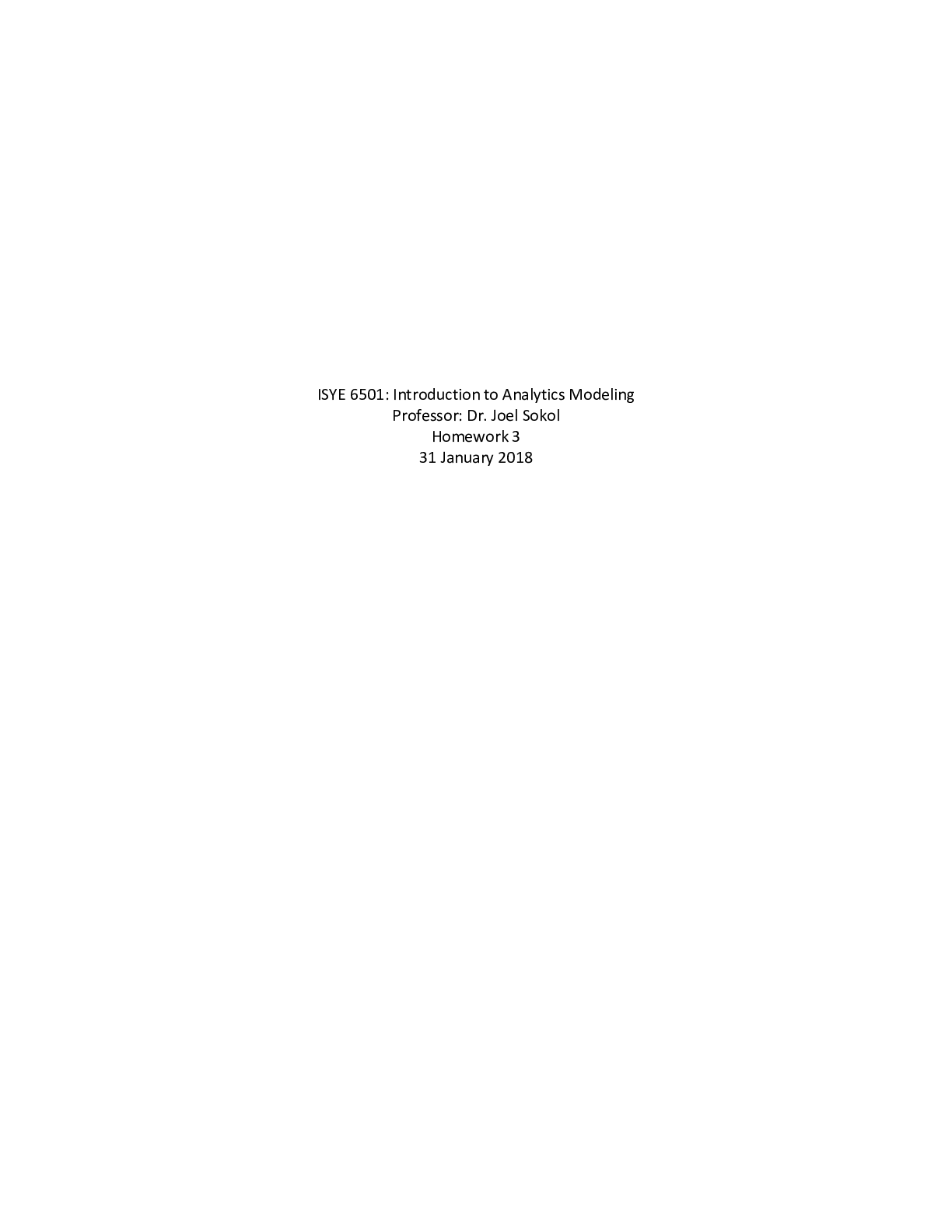Law > QUESTIONS & ANSWERS > FUNDAMENTAL RIGHTS: FUR2601 STUDY UNIT 1: INTRODUCTION TO THE CONSTITUTION AND THE BILL OF RIGHTS. (All)
FUNDAMENTAL RIGHTS: FUR2601 STUDY UNIT 1: INTRODUCTION TO THE CONSTITUTION AND THE BILL OF RIGHTS.
Document Content and Description Below
CONSTITUTIONAL REVOLUTION: Constitutional Law used to be dominated by parliamentary sovereignty. • Parliament would make any law that it wanted. The law could not be contested by courts, institut... ions or persons. • The courts could only declare law invalid on procedural grounds (application, justiciability and jurisdiction) but not on SUBSTANTIAL (violation of human rights). • Due to the State being racially divided (i.t.o 1909 Union Constitution), Parliament only represented white minority and black minority was governed by the Executive – no voting rights. INTERIM CONSTITUTION – Adopted in 1993 & Operations – 27 April 1994. • The supreme law of land & fully justiciable (as opposed to those before it) and contained BOR in Chapter 3 – reflects the 1996 Constitution BOR, thus decisions made in respect thereof remain authoritative. • It was transitional, set out 34 principles (contained in Schedule 4) for negotiating and drafting of the Final Constitution. • It was revolutionary as it brought about a number of fundamental changes: 1) IT ENDED APARTHEID - It introduced an electoral system based on proportional representation. - ALL CITIZENS were accorded POLITICAL AND CIVIL RIGHTS. 2) REPLACED PARLIAMENTARY SOV WITH CONSTITUTIONAL SUPREMACY: - The BOR was put in place to protect human rights. - The courts were given power to declare invalid any law/conduct inconsistent with BOR / Constitution. 3) CENTRAL GOVERNMENT REPLACED BY SYSTEM OF GVT IN WHICH LEG AND EXECUTIVE POWER WAS DIVIDED AMONG NATIONAL, PROVINCIAL AND LOCAL SPHERES OF GVT. • The 1996 Constitution completes revolution – was drafted and adopted by an elected Constitutional Assembly (CA). The Interim Constitution was not a product of a democratically elected body. • The CA adopted the final text on: 8 May 2006. • The CC had to certify the text according to the principles in Schedule 4 of Interim & DECLINED Certification due to inconsistencies: 1. Provincial Powers 2. Local Gvt 3. Entrenchment of BOR 4. Public Service Commission. The CA amended the text and passed on 11 October 1996 – CC passed text. The Constitution was signed into law by Nelson Mandela, 10 Dec 1996 and was effective on 7 Feb 1997. Downloaded by Jayden Mbugguz (jaymbugguz91@gmail.com) lOMoARcPSD|8637614• Upon completion of the certification process, 34 Principles of Interim were no longer relevant – as they were a framework for the creation of a democratic state with a supreme constitution in which the fundamental rights and freedoms of all citizens were protected, i.e. an objection to amendments to 1996 Constitution cannot be based on these principles. // Compliance & Non-compliance therewithin can never be raised again by any court – including the Constitutional Court. These principles are ONLY USED as guidelines when interpreting the Constitution’s text is ambiguous. In other words, it means that it is IMPOSSIBLE to object to amendment of the 1996 Constitution on the grounds that the amended text no longer complies with the Constitutional Principles. • “The court should approach the meaning of the relevant provision of the Constitution on the basis that the meaning assigned to it by the CC in the Certification Process – is its correct interpretation and shouldn’t be departed from save in the most compelling circumstances”. THE BASIC PRINCIPLES OF THE NEW CONSTITUTIONAL ORDER: ENSHRINED: (preserved and protected) in the text: 1. Democracy 2. Supremacy 3. Rule of Law IMPLIED IN THE TEXT: *Justiciable in the sense that any law or conduct inconsistent with them may be declared invalid. 1. Constitutionalism 2. SOP 3. Checks & Balances ENTRENCHED: 1. Fundamental Rights in BOR ABOVE PRINCIPLES: - Are justiciable – any law/conduct inconsistent therein may be declared invalid. - It ties the provisions of the Constitution together and shapes them into the framework that defines a new Constitutional order – thus, influences interpretation of many other provisions of the constitution including those of the BOR (interpretation of BOR must be consistent with them). - The basic principles must be sparingly invoked by courts when resolving legal disputes (only to be used when more detailed provisions run out), because they are: (a) abstract foundational norms informing the inter [Show More]
Last updated: 2 years ago
Preview 1 out of 68 pages
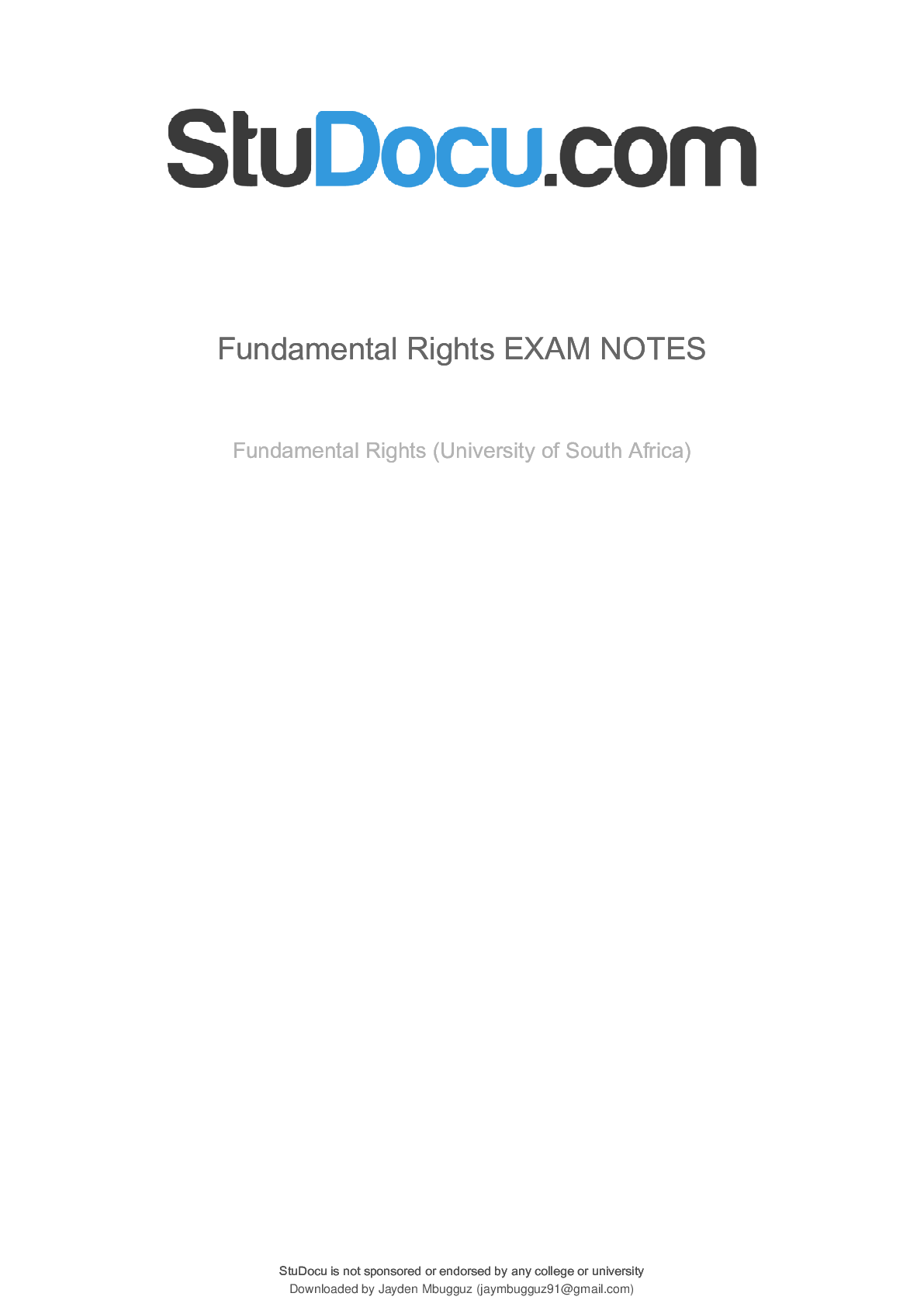
Buy this document to get the full access instantly
Instant Download Access after purchase
Buy NowInstant download
We Accept:

Reviews( 0 )
$12.00
Can't find what you want? Try our AI powered Search
Document information
Connected school, study & course
About the document
Uploaded On
Jun 08, 2021
Number of pages
68
Written in
Additional information
This document has been written for:
Uploaded
Jun 08, 2021
Downloads
0
Views
138




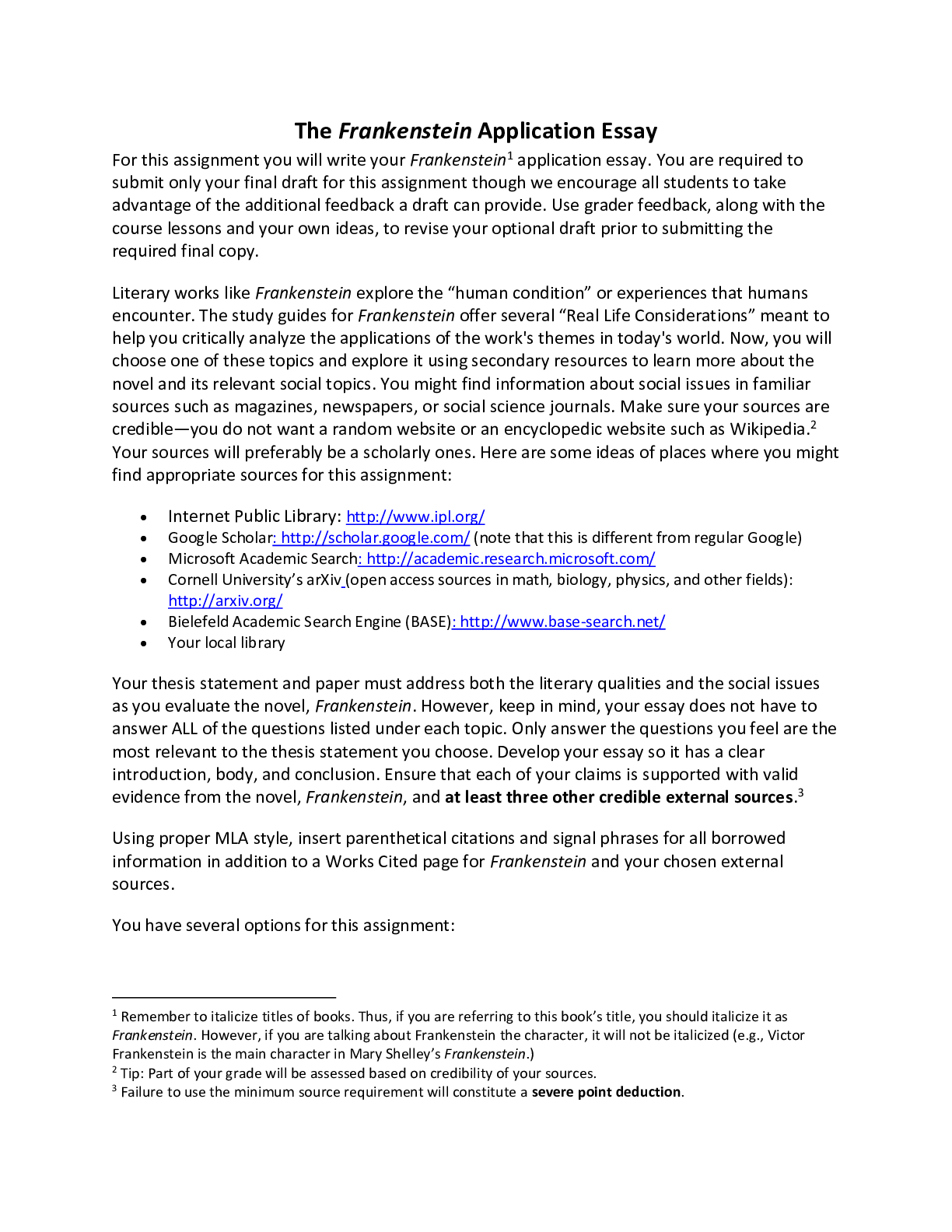
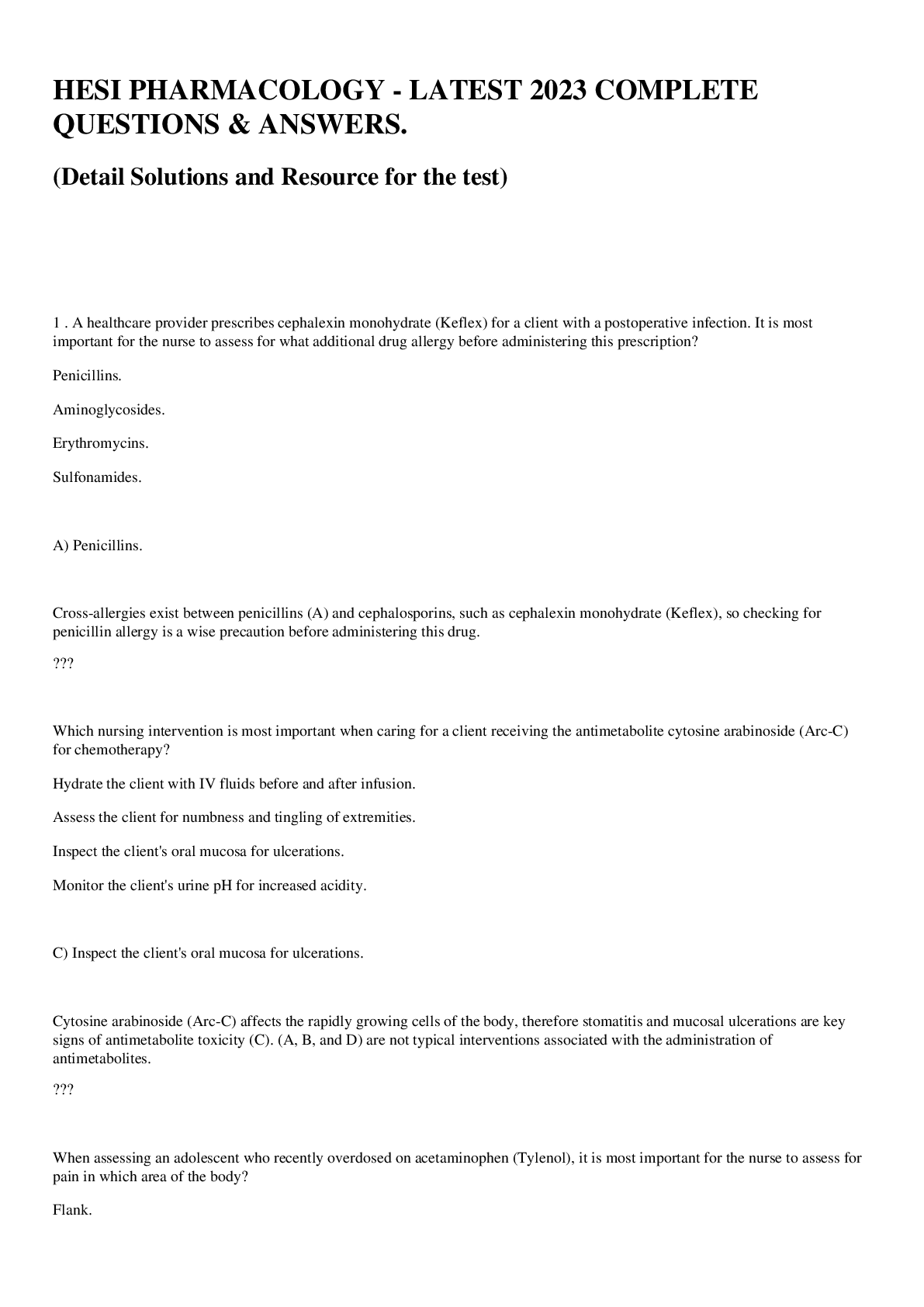

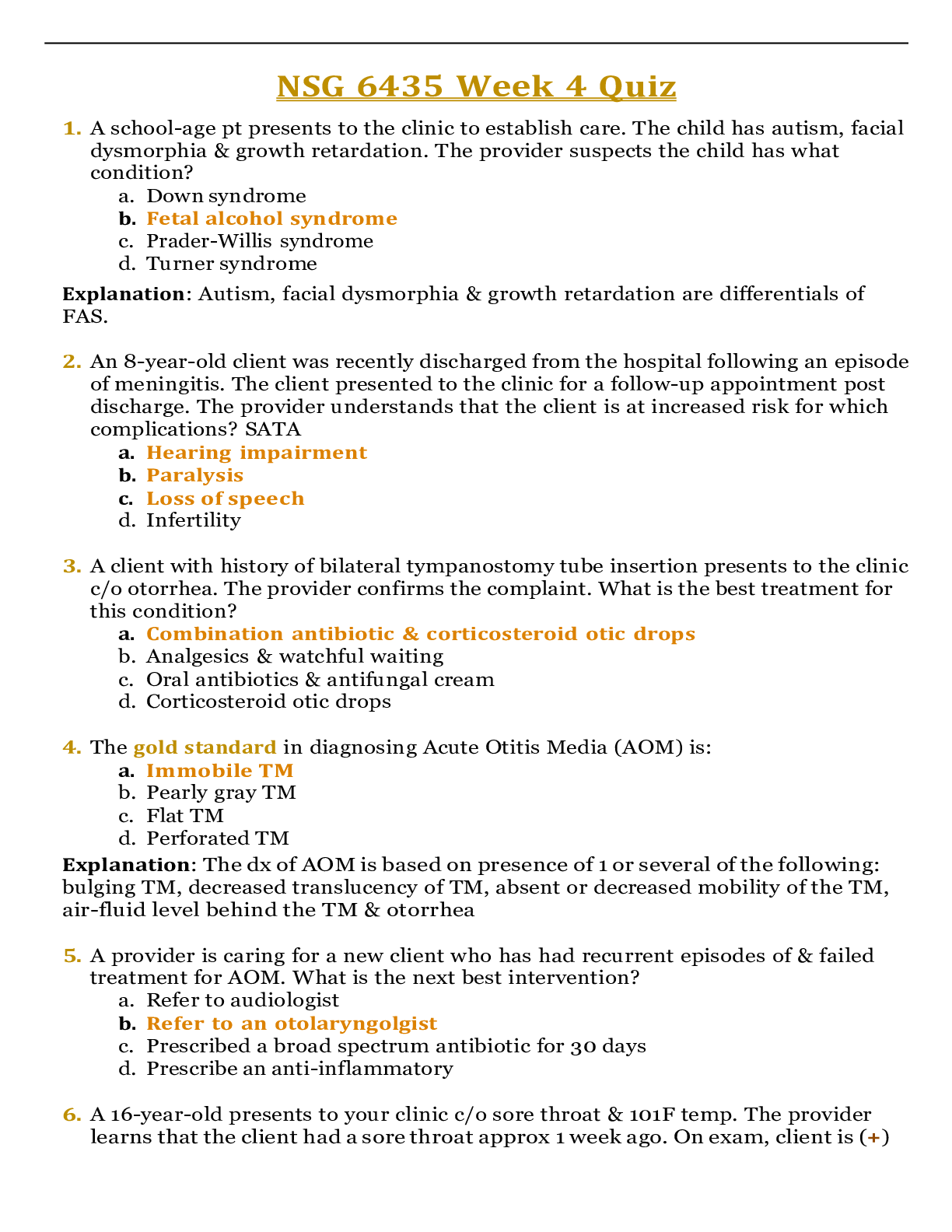
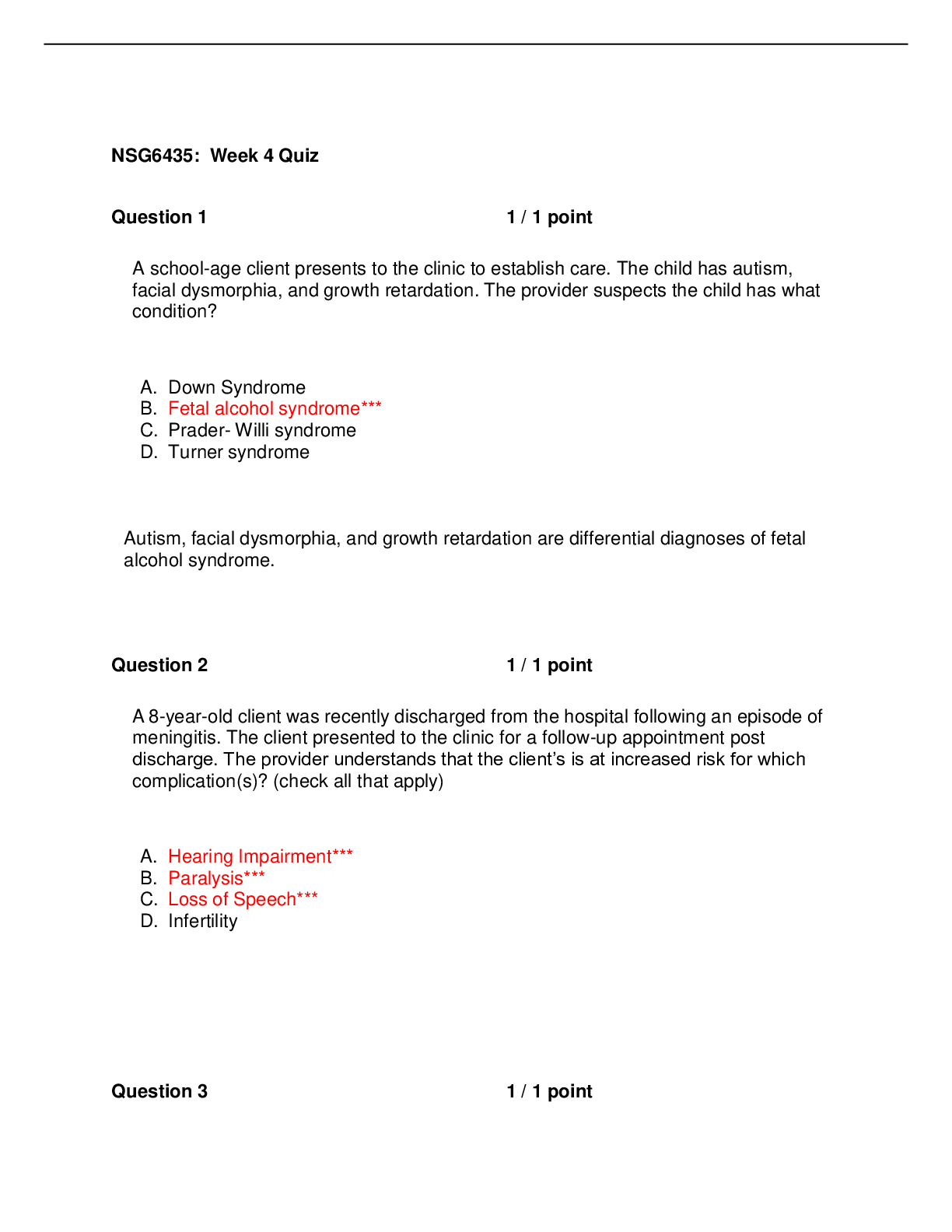


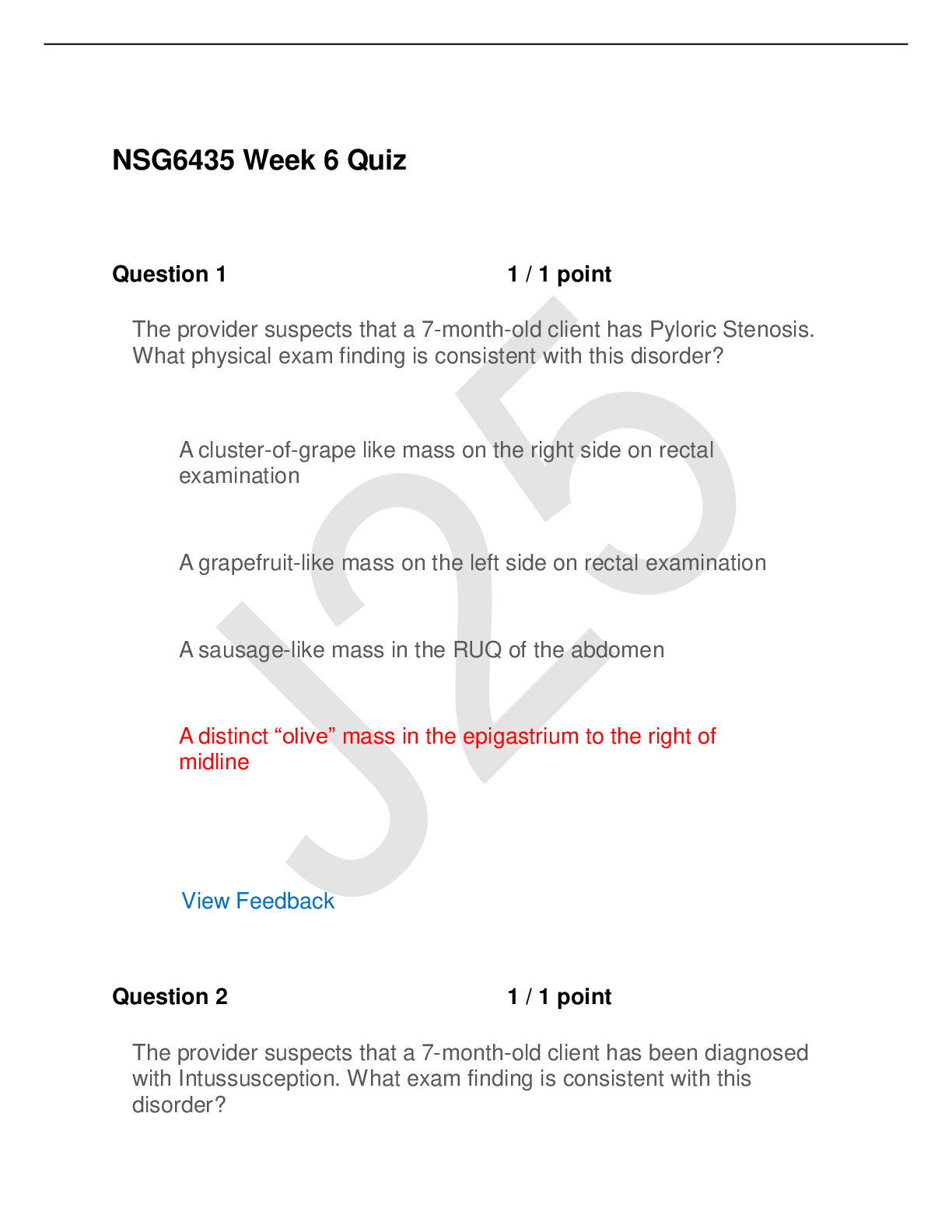
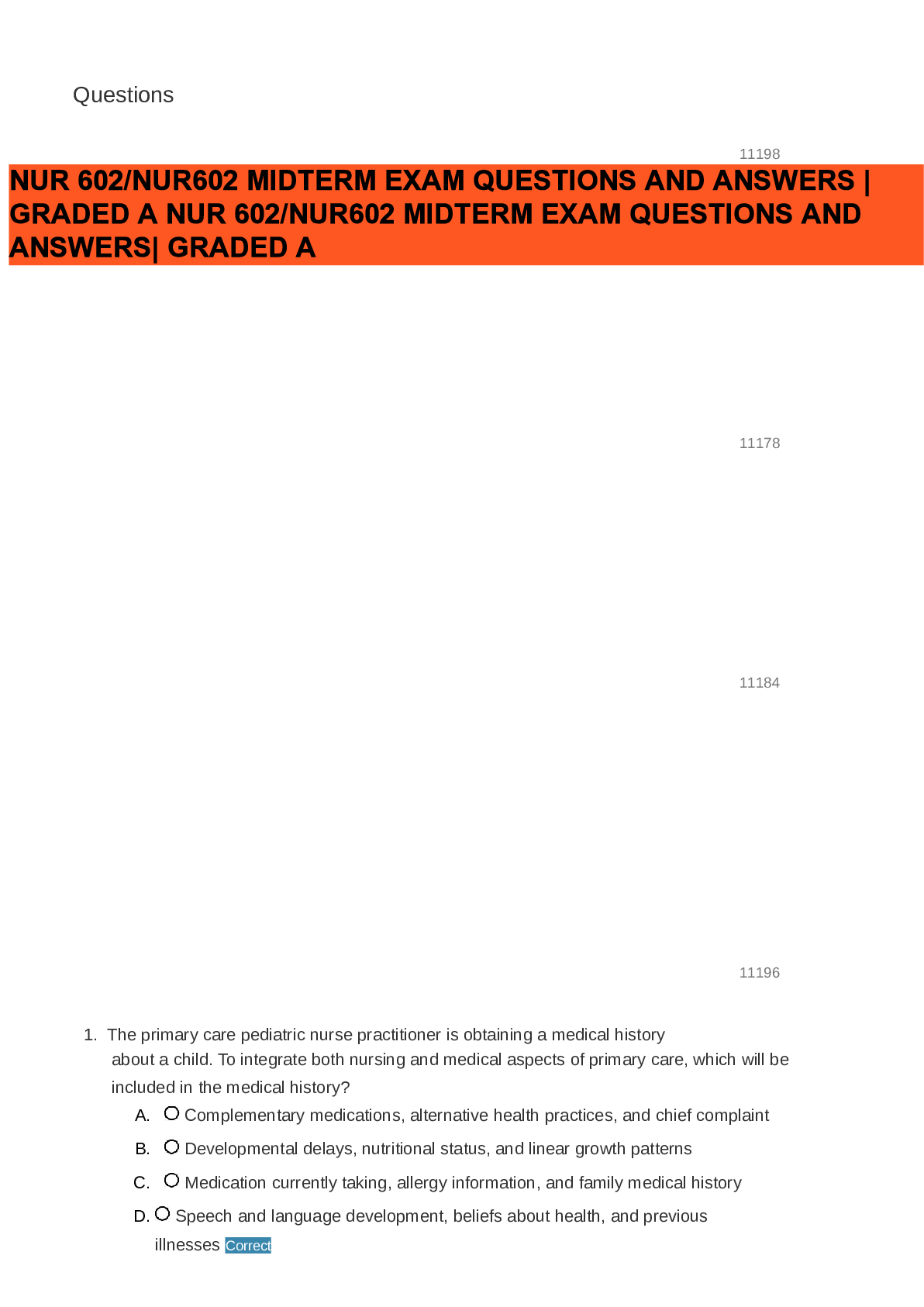
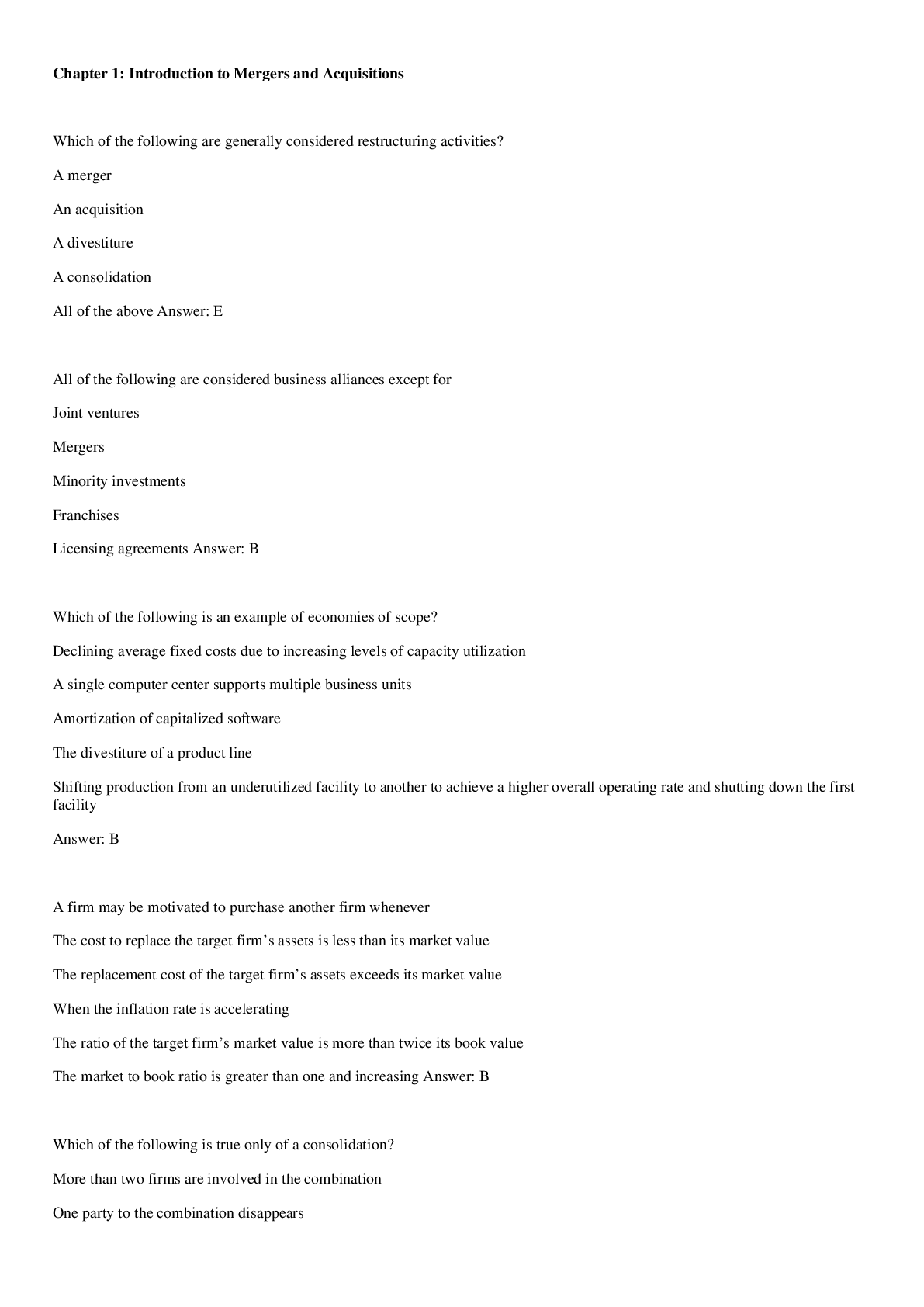

 (1).png)
 (1).png)
